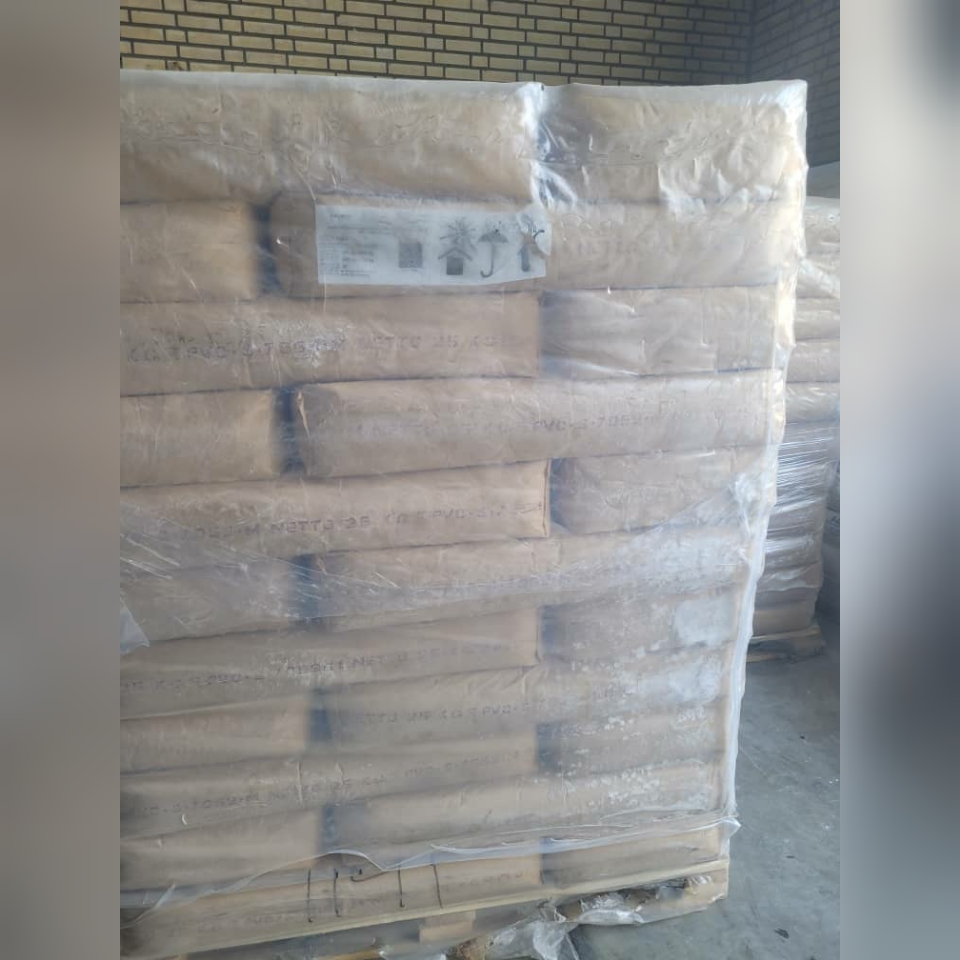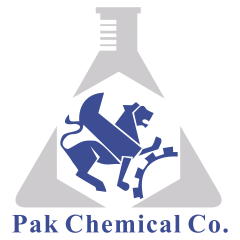Derived from the suspension polymerization process, Polyvinyl chloride (PVC) resin grade S-7059 stands out. Around the world, individuals frequently turn to PVC, making it one of the most prevalent plastics. Notably, it finds its place in various sectors. For instance, it’s integral in construction, pivotal in automotive manufacturing, essential in healthcare, and widely popular in consumer goods.
Polymerization Process
First, manufacturers initiate the polymerization of vinyl chloride monomers (VCM) in an aqueous suspension using initiators and various additives. Consequently, this process enables them to produce Suspension PVC. As a result, they can achieve PVC resin with specific characteristics tailored for diverse applications.
Suspension Polymerization
Firstly, in the suspension polymerization method, vinyl chloride monomers are dispersed in water with the aid of stabilizers and surfactants. Then, manufacturers introduce initiators, which consequently set off the polymerization reaction. As a result, the emerging polymer manifests as beads floating within the water.
Characteristics of S-7059
Firstly, when assessing Suspension PVC S-7059, manufacturers focus on its molecular weight, particle size, and a range of physical and mechanical attributes. Subsequently, by meticulously managing the polymerization conditions and selecting the right additives, they ensure that these properties are fine-tuned for particular applications.
Applications
Depending on its specific formulation, manufacturers can use Suspension PVC S-7059 in various applications.
- Construction Materials: In pipes, windows, doors, flooring, and other building components.
- Automotive Industry: In interior and exterior parts, cables, and insulation.
- Medical Devices: In the production of medical tubing, bags, and other healthcare products.
- Consumer Goods: In packaging, footwear, toys, and more.
Environmental Considerations
PVC has been the subject of environmental scrutiny due to issues related to its production, usage, and disposal. The industry has worked to address these concerns through recycling initiatives, development of more sustainable manufacturing processes, and compliance with regulations.
Conclusion
Suspension PVC S-7059 represents a specific type of PVC resin with unique properties suited to various applications. Its production through the suspension polymerization process allows for a degree of customization that meets the diverse needs of different industries. Manufacturers and users must manage S-7059, like all PVC materials, responsibly throughout its lifecycle to reduce environmental impact.

